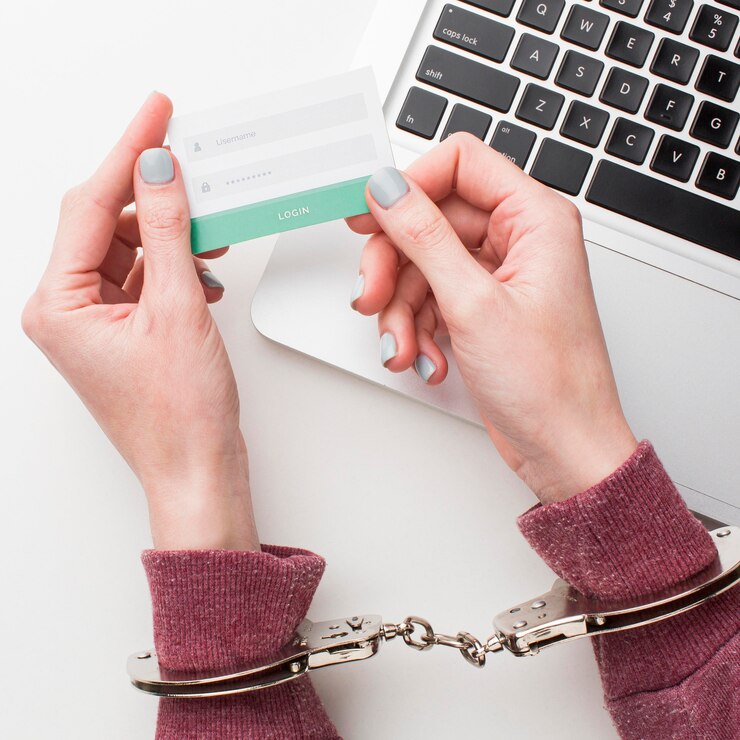Identity theft is a scary thought. Imagine someone using your personal information to open new credit cards, take out loans, or even rack up bills in your name. This can wreak havoc on your credit score and financial well-being. Luckily, there’s a powerful tool available to help prevent this – a credit freeze.
What is a Credit Freeze?
A credit freeze, also known as a security freeze, is a free and effective way to lock down your credit report. The three major credit bureaus in the United States – Equifax, Experian, and TransUnion – maintain your credit reports. These reports contain details about your credit history, including your borrowing habits, payment behavior, and current debts. When you place a credit freeze, it restricts access to your credit report, making it significantly harder for anyone, including potential lenders and even identity thieves, to view your information.
How Does a Credit Freeze Help?
By limiting access to your credit report, a credit freeze adds a significant layer of security to your financial identity. Here’s how it helps:
- Prevents fraudulent accounts: With your credit report frozen, potential lenders cannot access the information they need to approve new credit cards, loans, or other lines of credit in your name. This makes it much more difficult for identity thieves to open fraudulent accounts and rack up debt under your identity.
- Peace of mind: Knowing your credit report is locked down can provide significant peace of mind. You won’t have to constantly worry about someone stealing your information and using it for nefarious purposes.
When Should You Consider a Credit Freeze?
Here are some situations where placing a credit freeze might be a wise decision:
- Identity theft victim: If you’ve been a victim of identity theft, a credit freeze is an essential step to take. It helps prevent further damage and gives you time to recover from the incident.
- Data breach: If you suspect your personal information might have been compromised in a data breach, a credit freeze can offer some protection.
- Lost or stolen wallet: If you lose your wallet or purse containing your Social Security number or other identifying information, a credit freeze can be a precautionary measure.
- Proactive protection: Even if you haven’t experienced any specific threats, a credit freeze can still be a valuable tool for added security.
Real-life Example: Sarah’s Story
Sarah, a busy professional, received a notification from her bank about suspicious activity on her credit card. Concerned, she contacted the bank and discovered someone had used her information to make unauthorized online purchases. Thankfully, Sarah reacted quickly, had the fraudulent charges reversed, and reported the incident to the authorities.
However, Sarah knew she needed to do more to protect herself. She learned about credit freezes and immediately placed freezes on her reports at all three credit bureaus. This extra layer of security gave her peace of mind, knowing it would be much harder for anyone to steal her identity and open new accounts in her name.
Placing a Credit Freeze: A Simple Process
The good news is that placing a credit freeze is a relatively simple process. Here’s what you need to know:
- It’s free: Federal law mandates that credit bureaus must offer credit freezes and temporary thaws for free.
- Contact each bureau individually: You’ll need to contact all three major credit bureaus (Equifax, Experian, and TransUnion) to place a freeze on your reports.
- Multiple methods available: Each bureau offers different ways to place a freeze, including online, by phone, or by mail. You can find instructions on their respective websites.
- You’ll need identifying information: Be prepared to provide some form of identification, such as your Social Security number, driver’s license, or passport, when requesting a freeze.
Lifting a Credit Freeze for Legitimate Applications
While a credit freeze offers great protection, it’s important to remember that it also restricts access to your credit report for legitimate purposes. If you plan to apply for a new loan, credit card, or even rent an apartment, you’ll need to temporarily lift the freeze.
Each credit bureau offers ways to lift a freeze temporarily or permanently. The process is usually quick and straightforward, often possible online or by phone.
Additional Tips for Protecting Your Identity
A credit freeze is a powerful tool, but it’s not the only measure you can take to safeguard your financial identity. Here are some additional tips:
- Be mindful of your personal information: Don’t share your Social Security number or other sensitive information with people or businesses you
